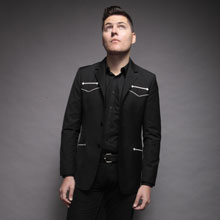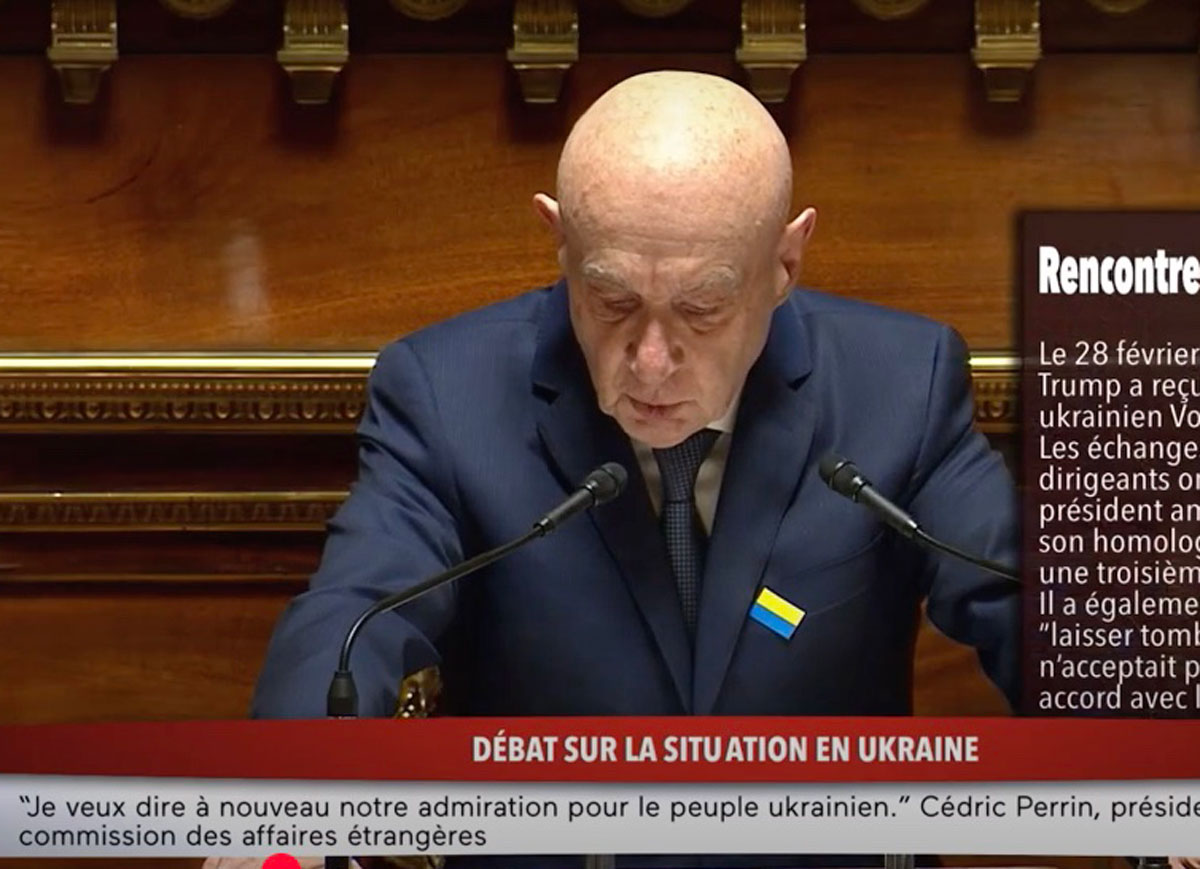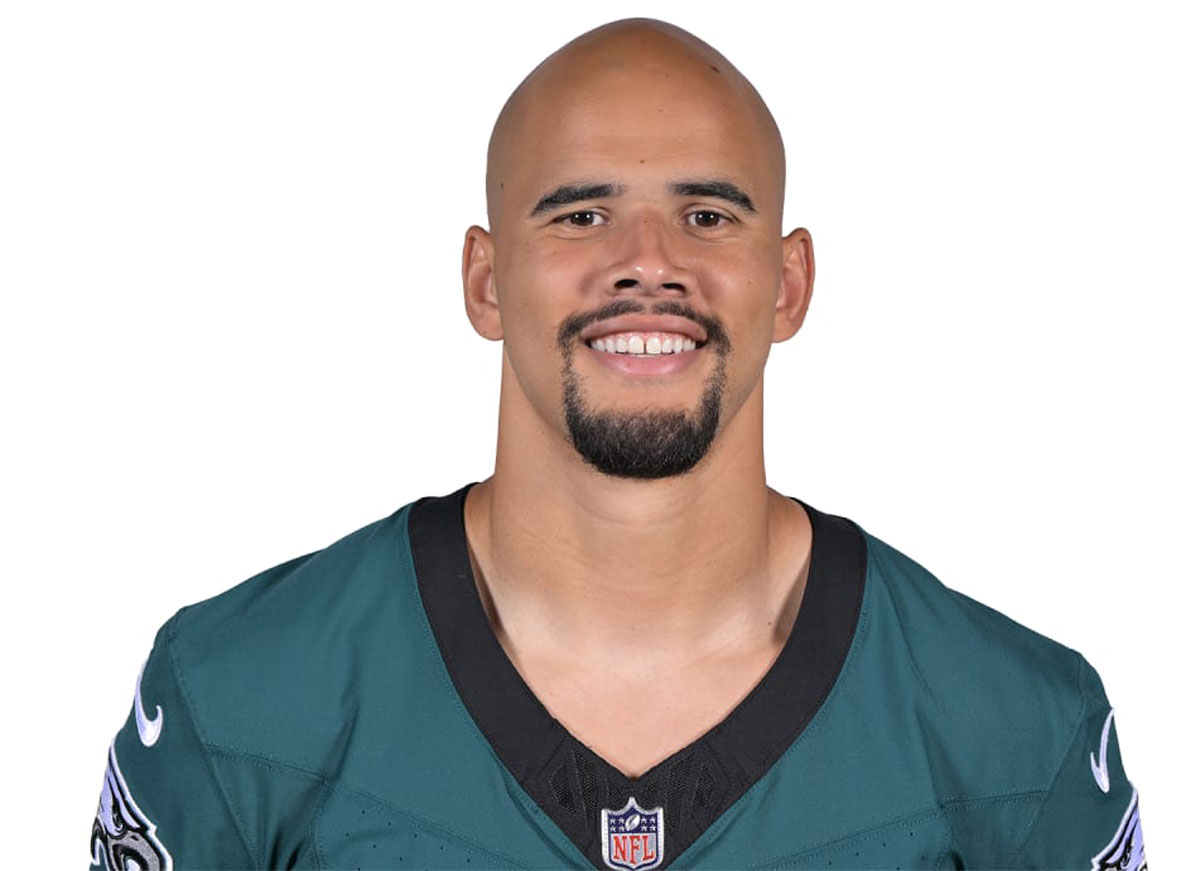Findlay Brown On 'Love Will Find You'
British singer / songwriter Findlay Brown is making his presence felt in the U.S. With his recent performance on CBS’ The Late Show With David Letterman, along with the release of his second album, Love Will Find You, Brown could be well on his way to stardom.
In 2007, this Yorkshire native released his debut album, Separated By Sea. Despite not being a commercial success, the album received generally positive reviews by British music critics. As most critics pointed out, the album showcased flashes of Brown’s musical talent, and with time, he would become a promising musician.
Brown’s second solo album, Love Will Find You, which was also produced by Bernard Butler, who has worked with British singer Duffy, was released in 2010 under Verve Records, a jazz record label owned by Universal Music Group. What made the album so interesting wasn’t just the music Brown wrote and produced, but more how he approached it. While recovering from a car accident, Brown realized he had none of his records with him. This lead the British singer to start downloading old '60s hits from iTunes, and from there, he developed a new love and appreciation for musicians who paved the way for today’s artists, such as the Beatles, Jimi Hendrix, Neil Diamond, Carole King, and countless others. What makes Love Will Find You so unique is that Brown places more meaning and focus on each song’s instruments rather than the lyrics.
In our exclusive interview with the soulful crooner, Brown discusses topics such as writing his latest album after his accident, what he admires about the '60s sound, working with Suede producer Butler, his experience on David Letterman's show, and much more.
Actually, we're going to South by Southwest. Well, I think we're doing like three or four shows in one day, which seems to be the thing there. The Shelby Lynne thing, I think purely we got through my agent or something like that.
I'd never even heard of her! [laughs] I checked her out, y'know. Her stuff is great. It's going to be fantastic. I'm actually doing the majority of the tour on my own. It'll be nerve-wracking, but it's quite a nice way to do it. It's kind of liberating to do those things. You can get sort of caught up in the sounds and trying to strum the right string. Your off-beat and it is going to sound crap. But if you just stand there on your own with your guitar, and you'll be like, 'This is about as real as it gets.'
Well, I was at my sister's house because I didn't want to go back home, because I was living in a big counsel flat [public housing] in North London with my then-drummer. I was on crutches, it was wintertime, and we were on the twelfth floor or something and the lift was out. So I didn't really fancy going up and down those stairs too much on crutches, and my sister makes a great cup of tea. I knew if I was at her place then I'd get some sympathy. My girlfriend was living abroad at those times, so I had a good few months. I'm a vinyl freak, so I listened to mainly records. I didn't have any of that with me. I wanted to listen to as much as possible. I had my laptop with me, so I just started downloading a lot of songs on iTunes. I really got into the whole downloading thing. You know when you have a song that you really like and there's like five different versions, especially with the kind of stuff I was really getting into at the time. It creates this sort of family tree, this musical journey that I started going through. Some of the stuff I knew and some of it I knew not that well. Do-wop. Rock 'n' roll. Soul. The musician kicked in, and I started going into what's happening with that bass and what's happening with the drums. I was analyzing the songs and doing my homework, as it were. Then I started working out some of the bass and soon after that the songs started coming.
I wrote them on this really crappy old plastic acoustic guitar that my sister had which was actually the guitar I learned on. It has a magic, and I often write songs when I'm around there. I could barely tune it, but I just sat there and banged out all the songs I had.
Everything, really, there's just so much that I love about it. I think what I love about the period on the whole comes through in the music. I think there's a feeling that was happening at that time, and it's what the music reflects. It's almost not so much about the style in one sense, it's more about what was actually happening at the time. Whether it be the gospel side of it, that kind of celebration, getting out of a bad situation or singing to kind of lift the general moral of people. They're coming through in that sort of music stylistically. It's in the film, it's in the clothes, it's in everything.
It's kind of funny. I was never really a big Suede fan, although my sister was a big fan when she was a teenager. She had played me some Butler tracks, which I thought were fantastic and they had the kind of vibe. I didn't really know what to expect. I didn't really know that much about him anyway. When I met him, I was kind of taken aback by what a normal guy he was. I immediately caught this confidence from him as well. He just knows exactly what he wants. It was a fast pace that we were working at. You read all these books about people pulling out guns in the studio, well this was kind of uneventful really. I thought,'Well shit, am I supposed to get into a fight there?' I just think we have a really good understanding. It was a real collaborative process. We had a great understanding of what we wanted to do. It was easy.
Actually, it kind of relates to what I was saying earlier about why I'm into the sort of late 50's, early 60's thing, it's the kind of emotion that's happening behind the lyric. I think of playing the guitar almost like a spiritual act. That's what it's about for me. It's the joy that's within the actual performance itself. That's what I was concentrating on with these songs when I was writing them. Hopefully, we've captured that on the record somewhat. I can't really explain this thing with lyrics. Songs are about singing, the songs are about playing. I could fill the gaps with the words, because that's the format that people understand. I don't want the lyrics to be insignificant. I wanted them to be rather ambiguous. It's more about the melody, the actual process. The event of singing.
It seemed like an opportunity. My management said America would be a great market for me, and I didn't need too much persuading to move over because I'd been over playing a couple of times, and I just fell in love with the city straight away. Being in America, generally, is like a sort of musical pilgrimage for me. This is the birthplace of all my heroes - except the Beatles, really. It's an adventure for me and my wife. We live in Greenpoint, Brooklyn. It's just fantastic. It's as if I had been in a movie - we were walking back on New Years Eve from Williamsburg and it was snowing. It was just like Love Story. It's one of our favorite movies. It's a real sappy tearjerker. We kind of felt like we were in that film.
The producer got back to our booking agent and said, 'Whenever you're ready, we just want Findlay to do his debut here.' It was terrifying. I didn't realize, I wasn't nervous until literally about an hour before we were called. We didn't rehearse at all and all these big monitors were on the stage. In the rehearsals, I was just looking at myself and looking at my hair. I thought, 'Look at the size of that?'In doing so, I got sort of caught up in how I looked and was forgetting the words that I'd sung a hundred thousand times. Then the paranoia just sets in. Once you put that thought in your mind, then you're fucked. I spent the last 20 minutes before we went on on the toilet, literally. Normally when you're that terrified, it's because you've been thrown in a cage with a lion. There's not really anything good that could come out of that. But with this there is.
RELATED ARTICLES
Get the most-revealing celebrity conversations with the uInterview podcast!






Leave a comment